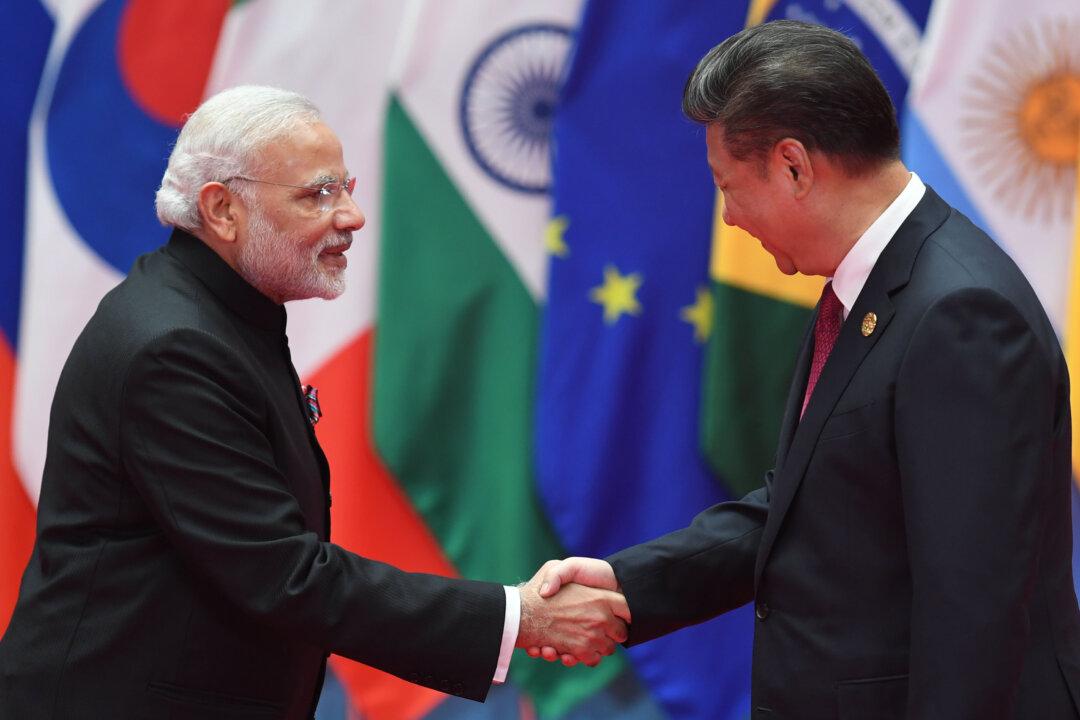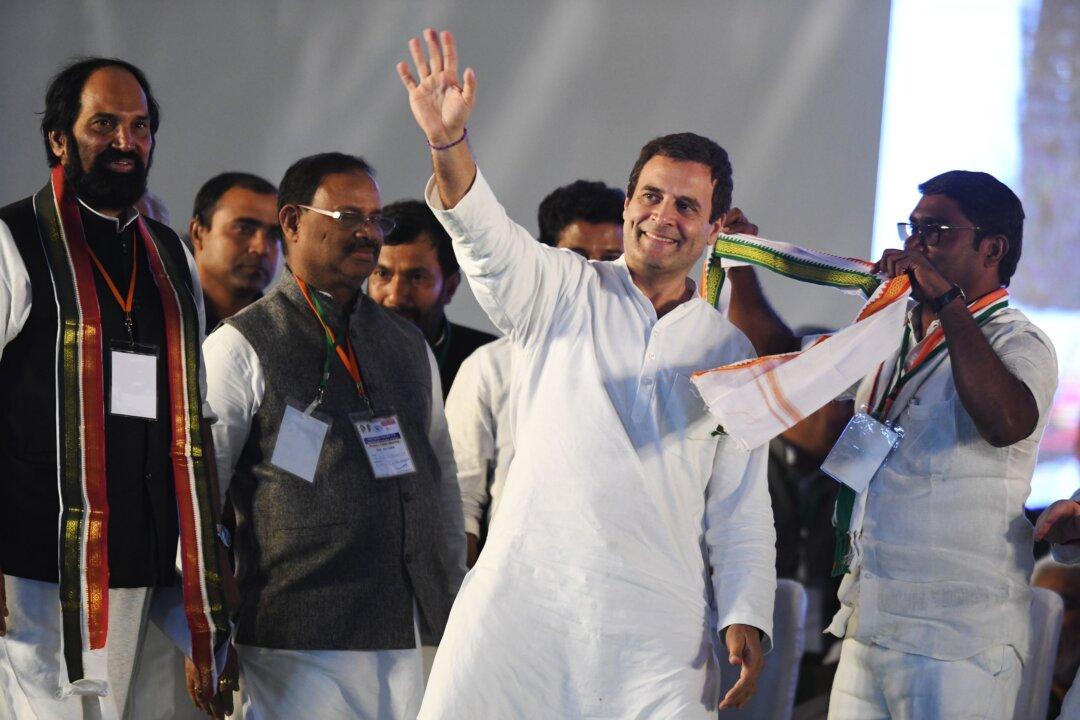DELHI, India—The recent military confrontation between India and Pakistan in the Kashmir region is likely to bring Pakistan even closer to India’s regional rival China, experts say.
Jayadev Ranade, a former senior official in the Indian foreign intelligence agency Research and Analysis Wing, who now runs a China-focused think-tank in New Delhi, said that China views Pakistan as its “vassal state,” using it to keep India in check.



